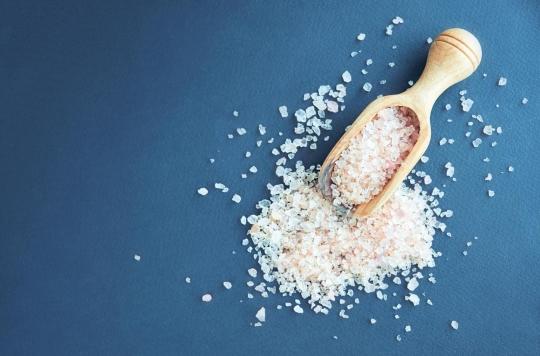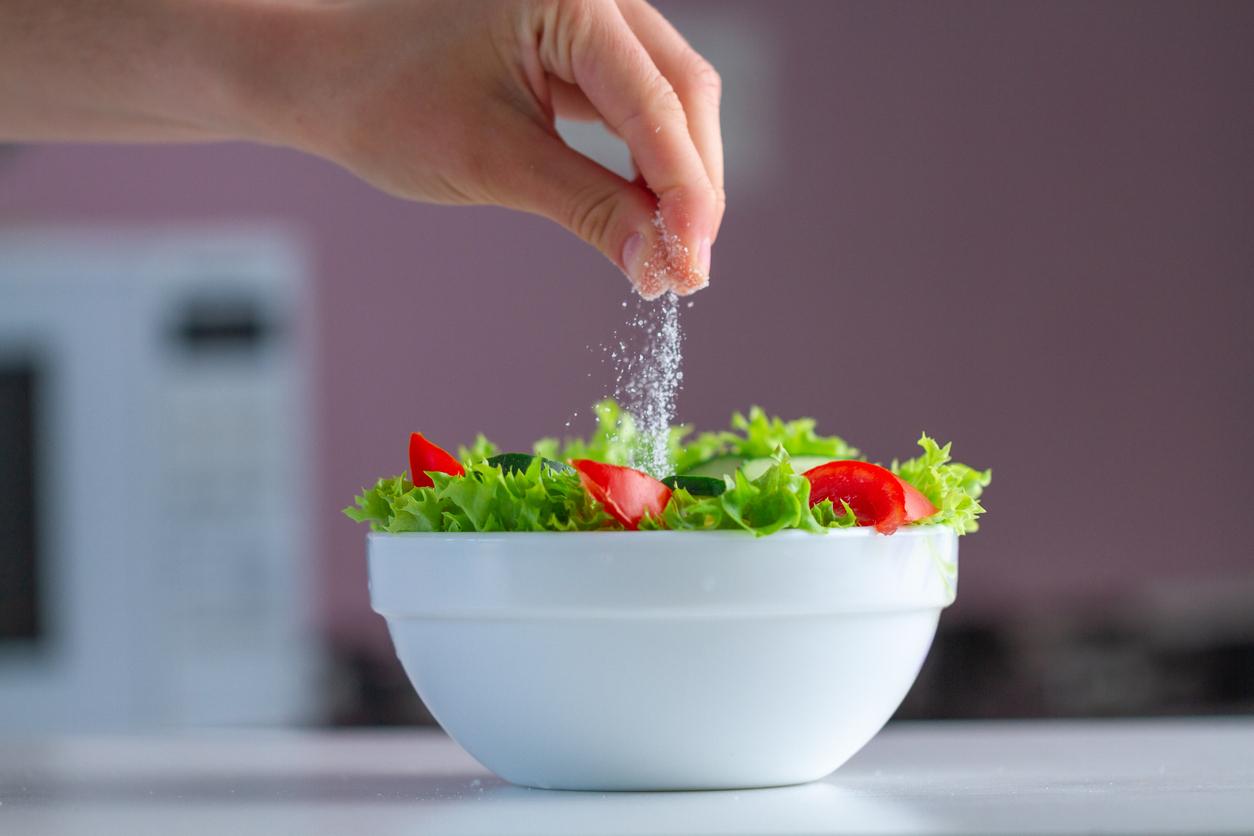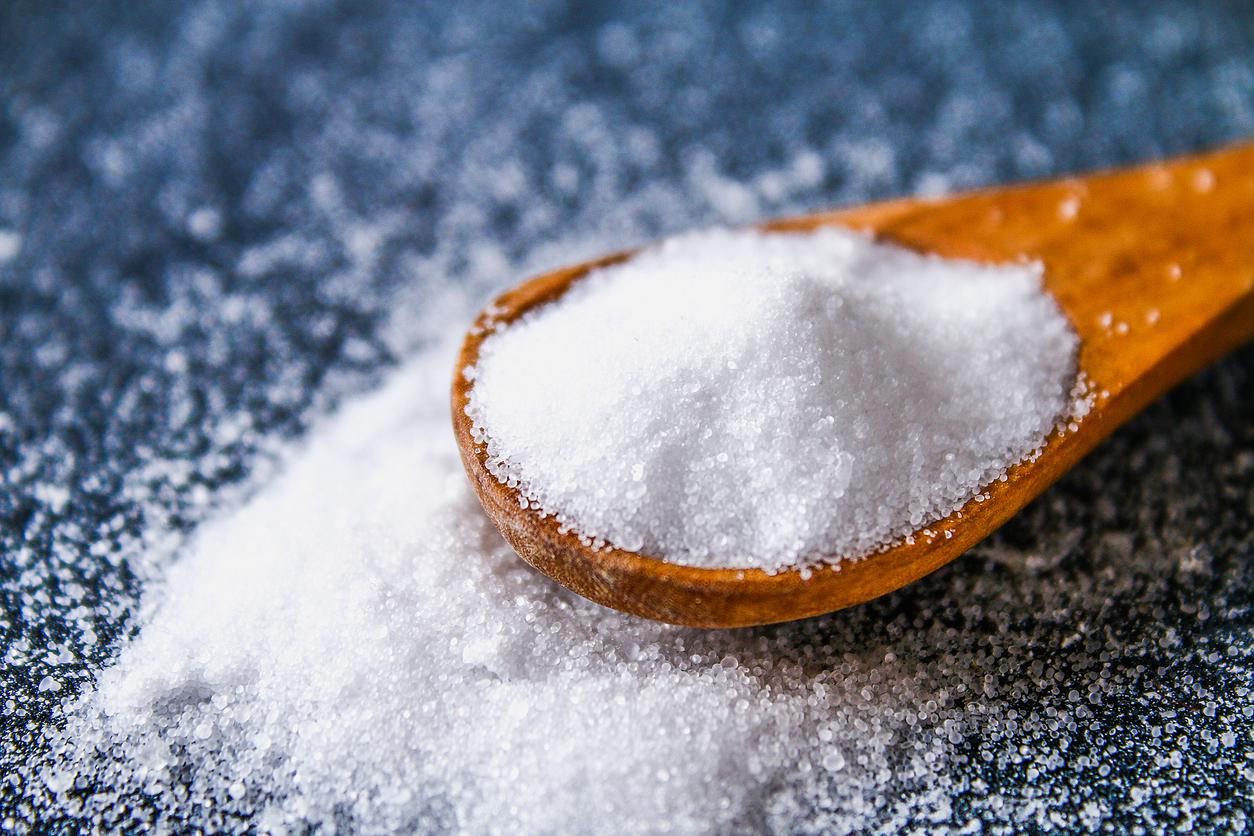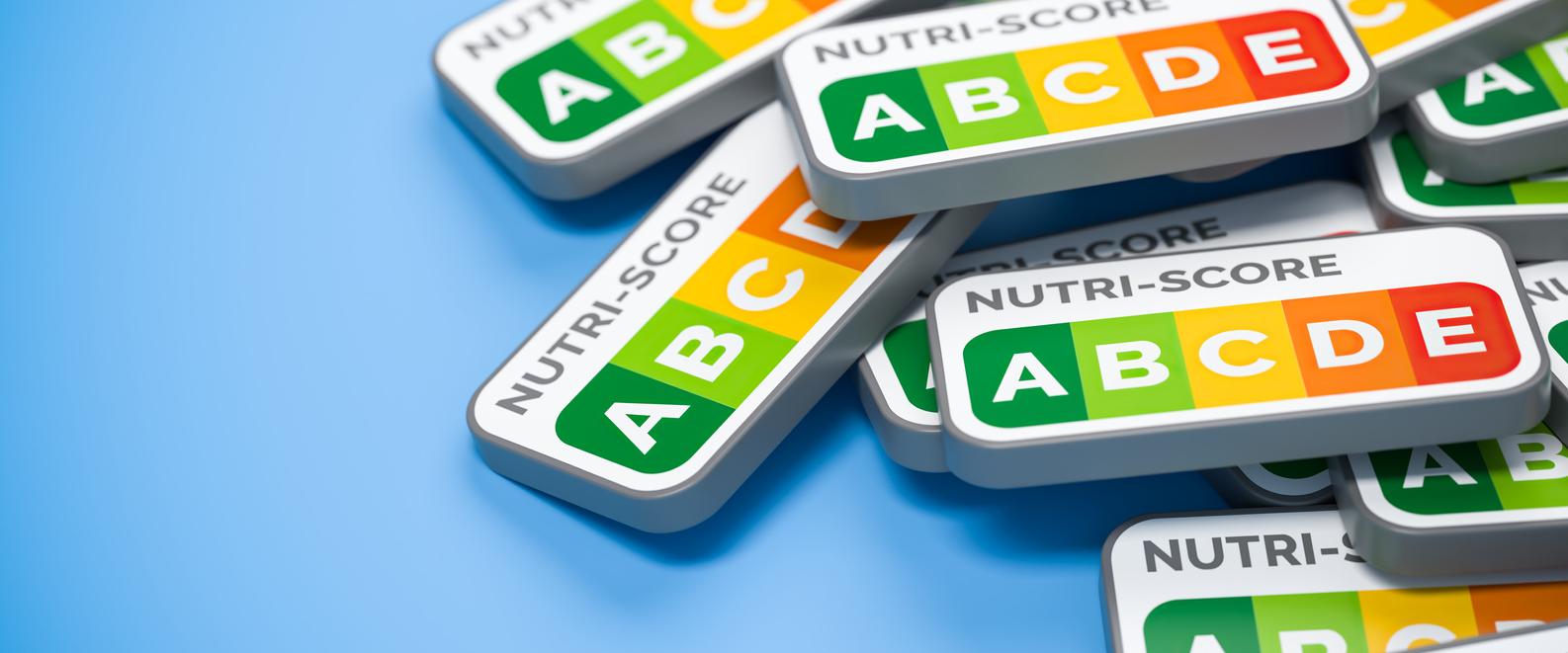A new study again confirms the hypothesis that reducing salt intake was the strategy to adopt to lower blood pressure.

In France, 14 million people currently suffer from high blood pressure. This heart disease, if left untreated, greatly increases the risk of heart attack and stroke. It usually appears with age, because the arteries age, but there are aggravating factors such as overweight, smoking, diabetes or cholesterol, but also high salt consumption. It is for this reason that patients are advised to reduce it in order to lower blood pressure.
Less salt, less thirst, lower blood pressure
A new study, published in the journal Hypertension, confirms that this strategy is the right one. According to the researchers, reducing salt intake in adults with high blood pressure can reduce thirst, urine volume and blood pressure. All this, while not affecting energy needs. To carry out this work, the scientific team used data from the Dietary Approaches to Stop Hypertension study, published in 2001.
The researchers looked at the effects of three different levels of salt intake — low, medium, high — on the blood over 24 hours. Participants followed two separate diets: a typical American diet as a control diet, and the DASH diet, a dietary approach known to lower hypertension. Study researchers found that reducing salt intake decreased patients’ thirst. The volume of urine remained unchanged, or even decreased a little. These changes occurred without altering the amount of energy required to maintain body weight.
A real “scientific debate”
“Our study contributes significantly to this scientific debate and underscores the importance of sodium reduction as a means of lowering blood pressure,” said Stephen Juraschek, assistant professor of medicine at Beth Israel Deaconess Medical Center (Boston, USA). -United). Because “debate”, indeed there was. In 2017, two studiespublished in the Journal of Clinical Investigation, demonstrated that, conversely, high salt consumption did not stimulate thirst and even promoted weight loss by modifying energy needs. “Public health recommendations to reduce population-wide sodium intake for blood pressure should continue without fear of contributing to weight gain,” the study authors conclude.

.
















